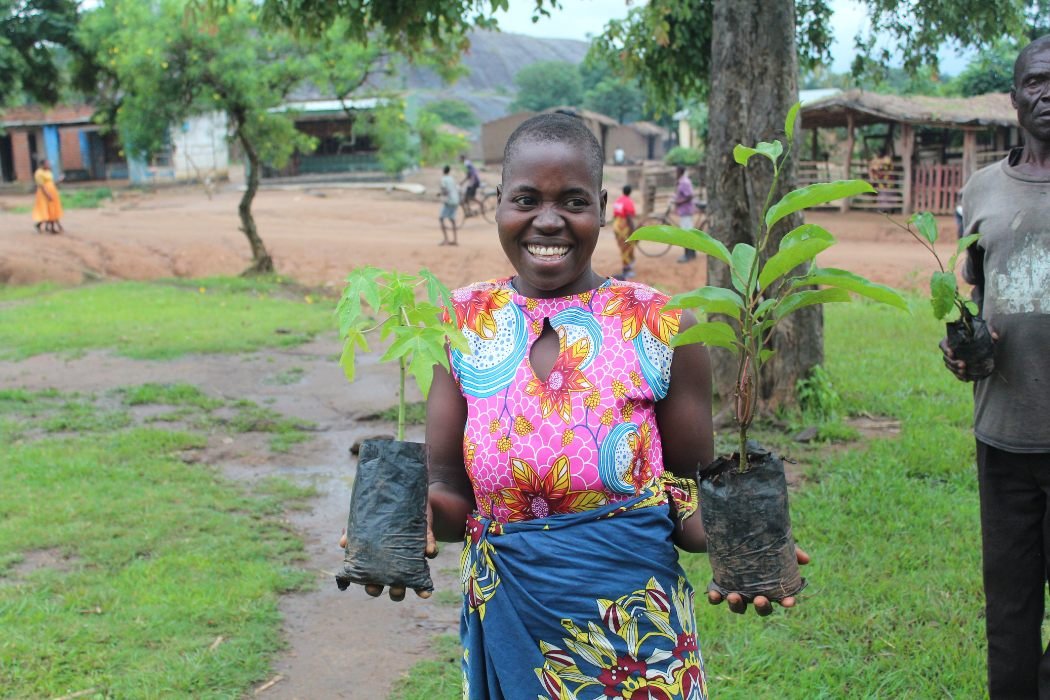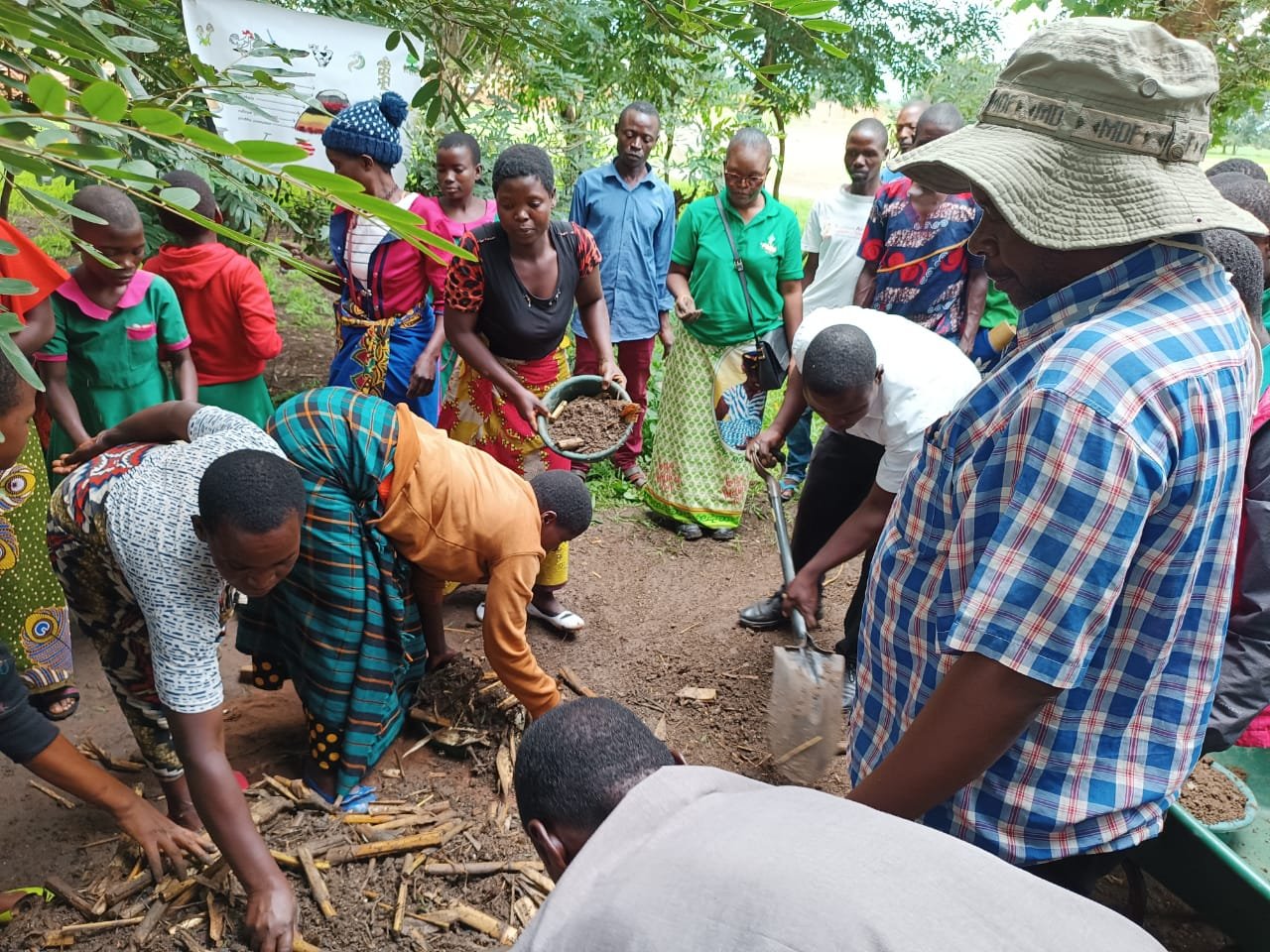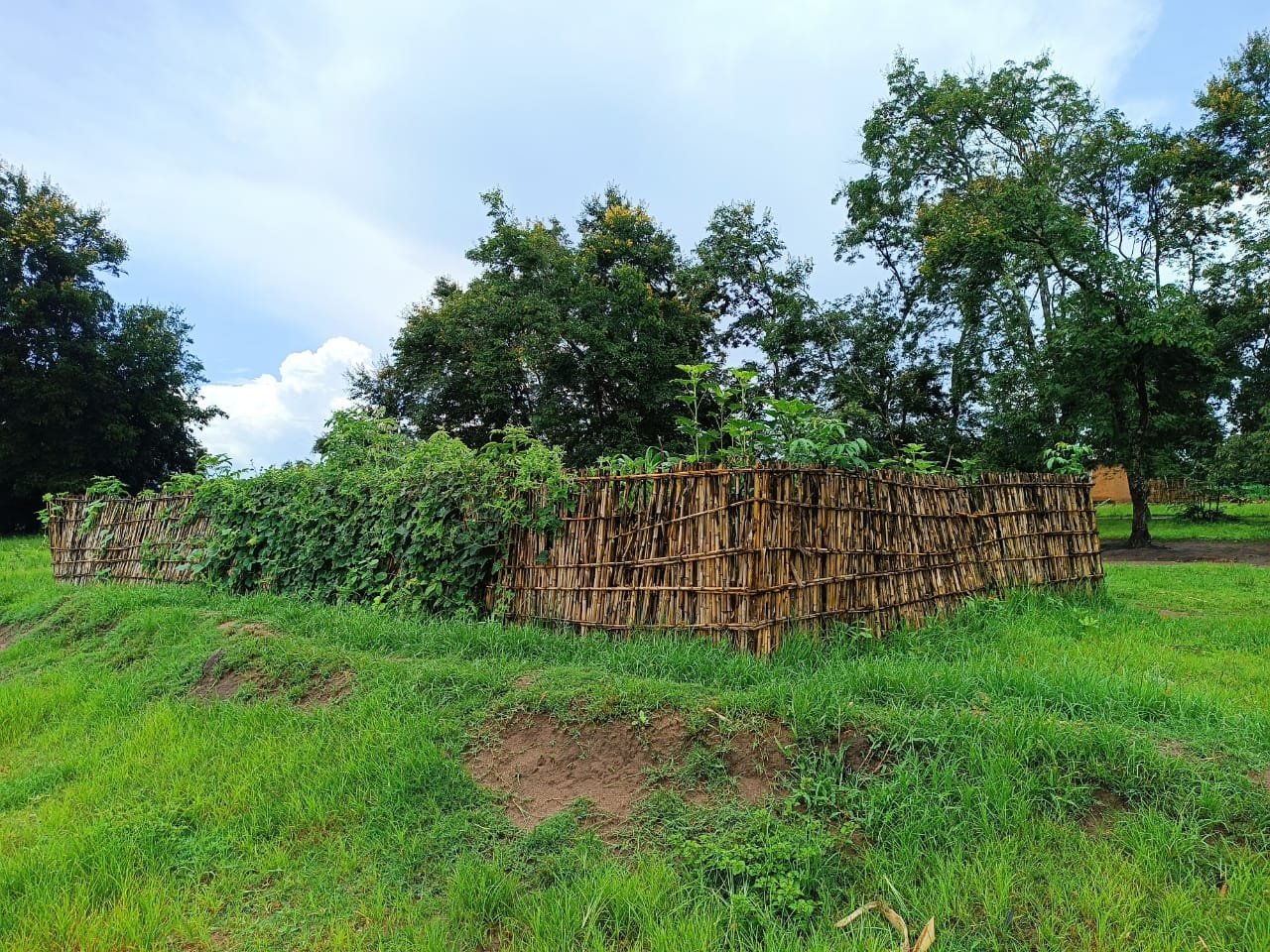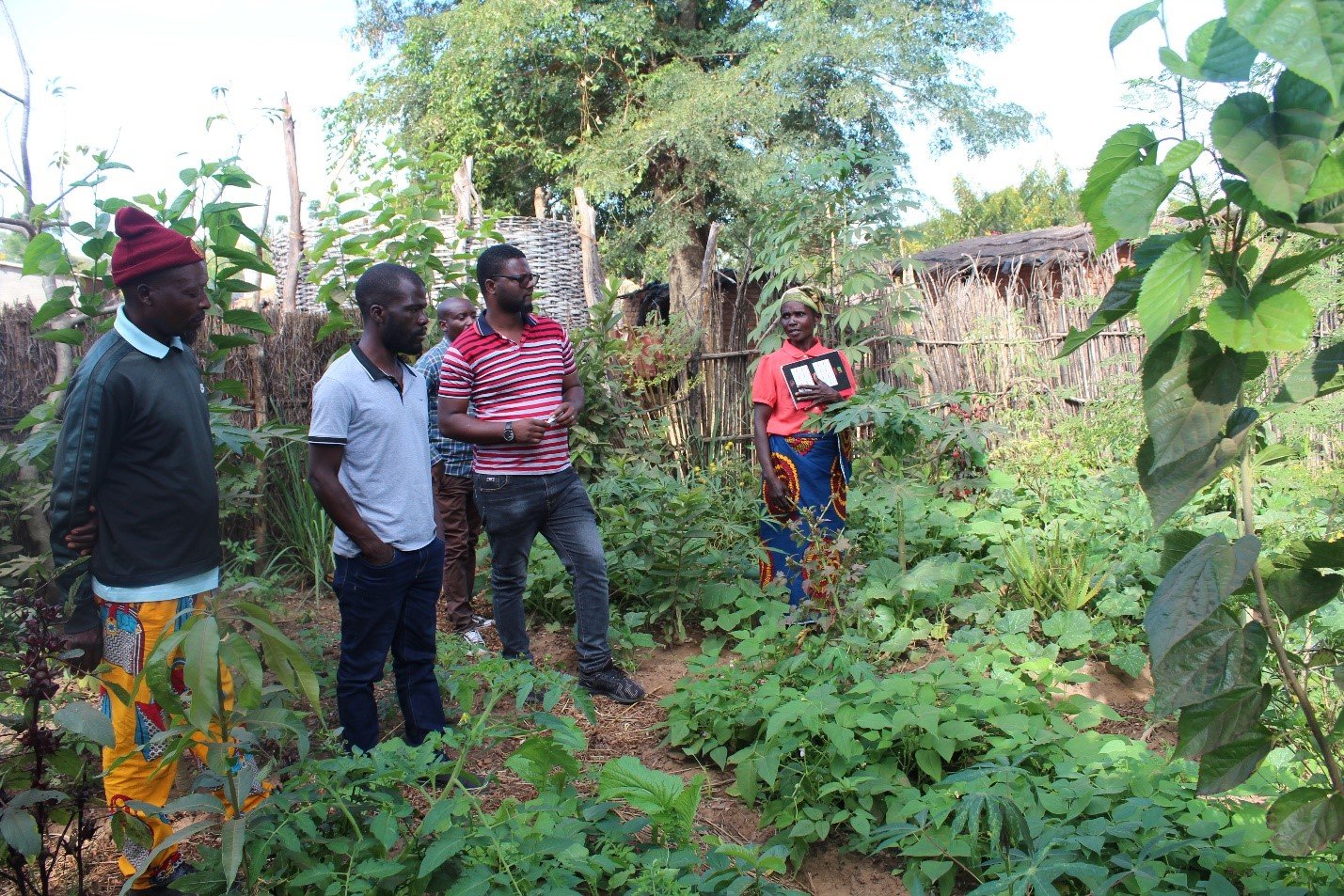Agri-Impact Malawi hosts flagship projects centered on livelihood and climate resilience for smallholder farmers in Malawi.
Learn more about their initiatives below or visit the website to learn more.
HOUSEHOLD NUTRITION AND ECONOMIC EMPOWERMENT THROUGH VEGETABLE PRODUCTION, VALUE ADDITION AND MARKETING (NEVAM) PROJECT
Project Location: Chadza Village, T/A Chadza, Lilongwe District, Malawi.
The economy of Malawi is predominantly agriculture-based. Agriculture accounts for 30 per cent of the Gross Domestic Product and generates over 80 per cent of national export earnings. The agriculture sector employs 64 per cent of the country's workforce and contributes to food and nutrition security. Although there is potential for better production and productivity, the agriculture sector needs to improve its capacity. As a result, the country continuously faces food shortages at national and household levels due to many challenges, including low adoption of agricultural technologies, lacking access to finance and farm inputs, weak linkages to markets, severe post-harvest losses, and HIV/AIDS as a cross-cutting issue. (FAO, 2017).
Horticultural crops such as fruits and vegetables are among the most perishable crops cultivated and are often considered a significant source of nutritious food, especially in rural areas of Malawi. However, poor handling method has resulted in over 30% post-harvest loss of this agricultural produce among smallholder farmers. (Kapatuka, 2020). Hence, farmers suffer a substantial economic and nutritional loss due to a lack of proper preservation methods, value-addition innovations, and marketing techniques. Farm households affected with HIV/AIDS are even less able to provide essential services for their children and reduce further productivity leading to financial hardship and food insecurity.
Therefore, the project aims to harness Household nutrition and economic empowerment through vegetable production, value addition and market linkages in Malawi. By 2023, the project is expected to have supported 100 HH to produce, consume, and market nutritious Vegetables while improving their food diversity, diet quality and increased household income by at least 15%. This goal shall be achieved through two project objectives; to improve household food security and nutrition and to increase profitability and consumer orientation towards vegetables.
UNCOVERING THE ECONOMIC BENEFITS FOR LOCAL COMMUNITIES THROUGH LANDSCAPE RESTORATION AND MANAGEMENT IN MALAWI (GLFX PROJECT)
Project Location: Nsokonezi Village, T/A Dzoole, Dowa District, Malawi
Through the Global Landscape Forum, Agri-Impact Malawi (Dowa GLFx Chapters) is implementing a Landscape Restoration and Management project to expose the Economic Benefits for Local Communities in the Dowa district. The initiative is facilitating the establishment of a 5000-fruit tree seedling nursery that will enhance the formation of food forests across the Nsokonezi area to improve farmer household access to nutritious fruits, income, and soil management for soil loss prevention. The project engages agroecology and climate-smart approaches and techniques, including manure making, integration of long-term and shorts foods and vegetable pest management, food preservation and safe storage to harness food and nutrition security. The project targets 50 vulnerable households in the area.
STRENGTHENING RESILIENT SCHOOL COMMUNITIES (SRSC)
Project Location: Nsokonezi Village, T/A Dzoole, Dowa District.
This 5-year project started in October 2019 and was funded by Bread for the World Through SCOPE Malawi. The project aims to improve the nutritional situation and protect school and community resources to achieve more diversified nutrition in vulnerable households. Under the project, Agri-impact Malawi targets two primary schools and 20 households in the Dowa district of Malawi.








